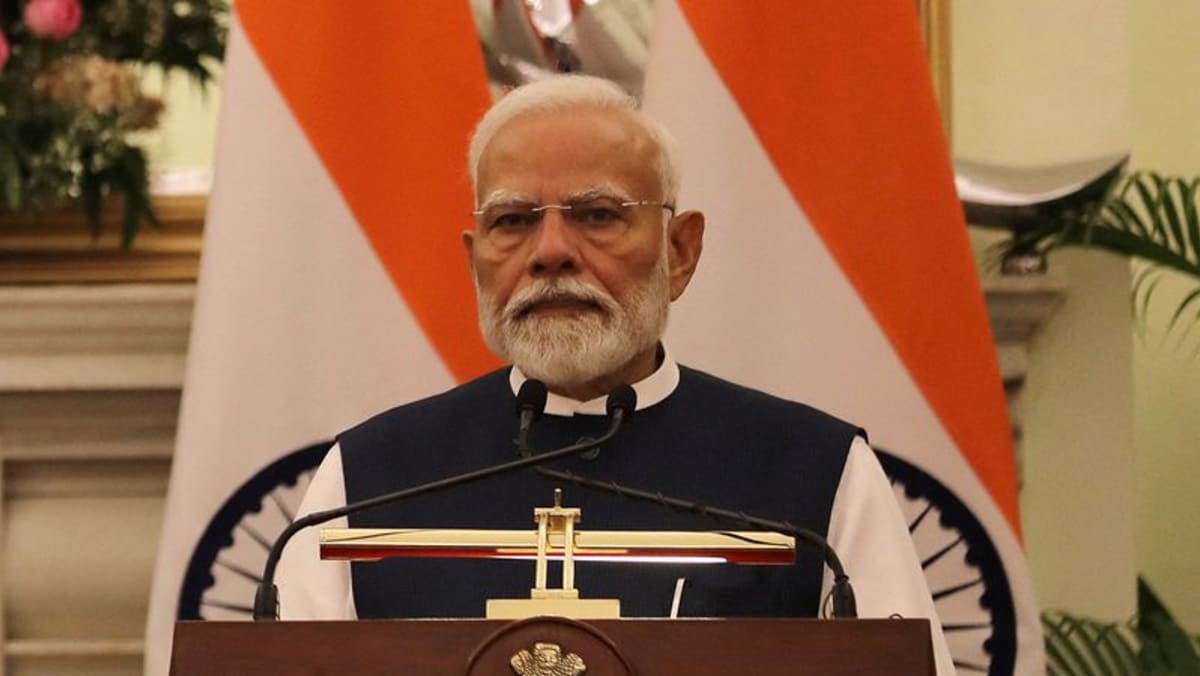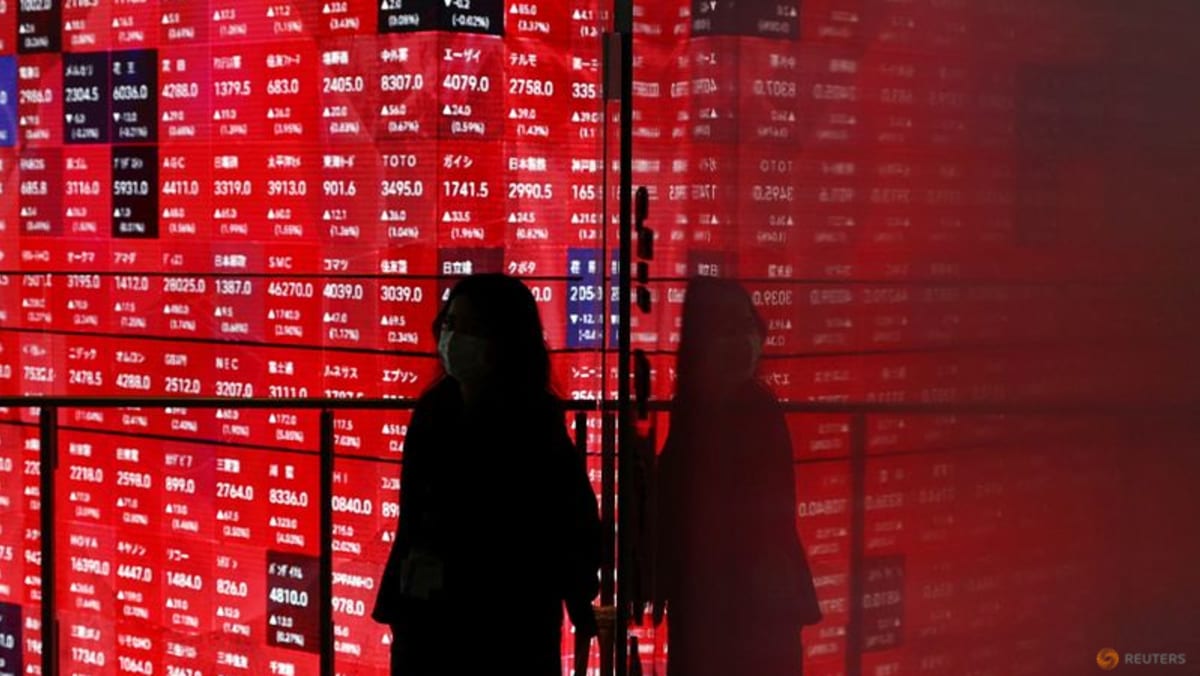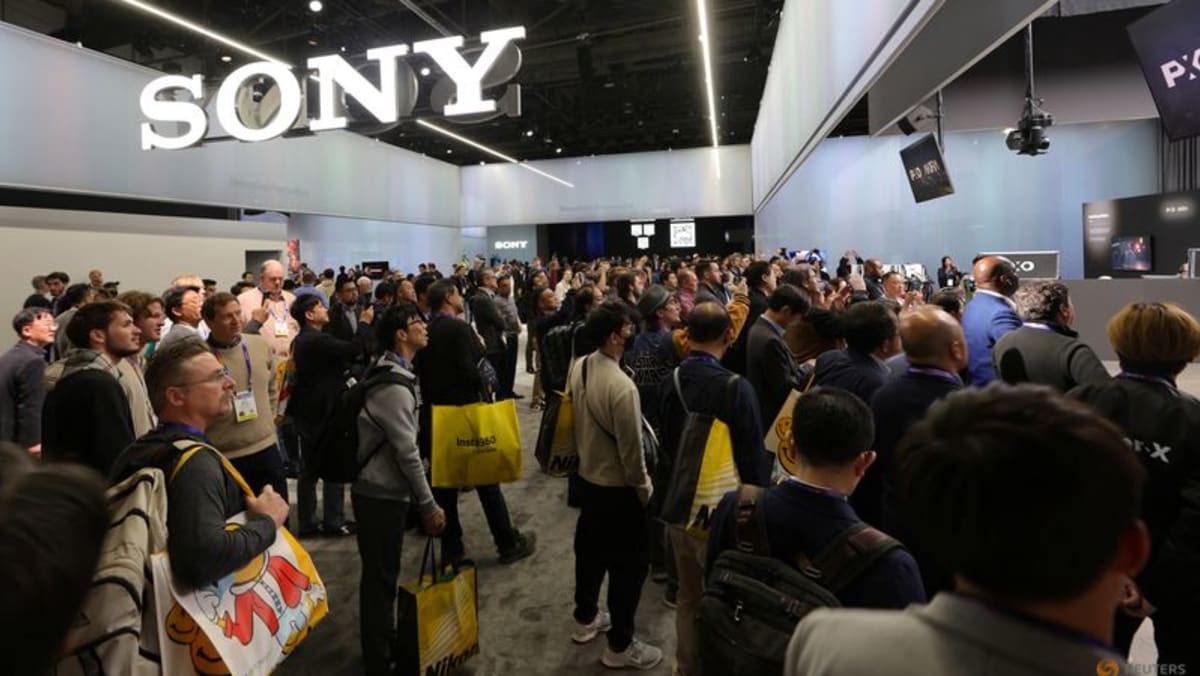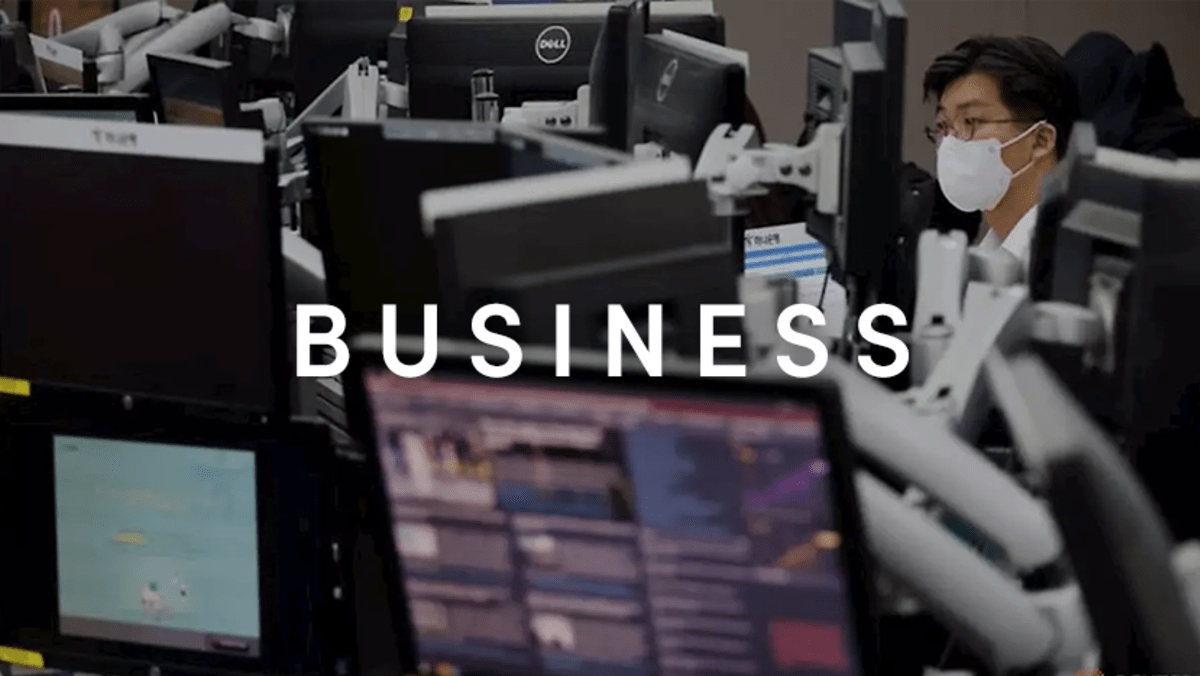BEIJING: China’s exports beat forecasts in July, as manufacturers made the most of a fragile tariff truce between Beijing and Washington to ship goods ahead of a looming deadline later this month.
Outbound shipments from the world’s second-largest economy rose 7.2 per cent year-on-year in July, customs data showed on Thursday, beating a forecast 5.4 per cent increase in a Reuters poll and June’s 5.8 per cent growth.
Imports grew 4.1 per cent, following a 1.1 per cent rise in June. Economists had predicted a 1.0 per cent fall.
China is facing an Aug 12 deadline to reach a durable tariff agreement with the US administration, after Beijing and Washington reached framework agreements in May and June to reduce non-tariff barriers such as rare earth minerals and technology to avoid further escalating their trade war.
Without a deal, global supply chains could face renewed turmoil from US duties snapping back to triple-digit levels that would amount to a bilateral trade embargo.
Trump said on Tuesday the US was close to a trade deal with China and that he would meet his Chinese counterpart Xi Jinping before the end of the year if the world’s two largest economies could come to an agreement.
China’s July trade surplus narrowed to US$98.24 billion from US$114.77 billion in June. Separate data from the US Commerce Department’s Bureau of Economic Analysis on Tuesday showed the US trade gap with China shrank to its lowest in more than 21 years in June.
Chinese government advisers are stepping up calls to make the household sector’s contribution to broader economic growth a top priority at Beijing’s upcoming five-year policy plan, as trade tensions and deflation threaten the outlook.
And top leaders have vowed to step up regulation of aggressive price-cutting by Chinese companies that is pushing prices ever lower.
But economists warn that reversing the current deflationary slump will be far more difficult than during the last round of supply-side reforms a decade ago, as the downturn now poses a broader threat to employment, which Chinese leaders have emphasised is a core component of social stability.
Reaching an agreement with the United States – and with the European Union, which has accused China of producing and selling goods too cheaply – would give Chinese officials more room to advance their reform agenda.
However, analysts expect little relief from Western trade pressures. Export growth is projected to slow sharply in the second half of the year, hurt by persistently high tariffs, President Trump’s renewed crackdown on the rerouting of Chinese shipments and deteriorating relations with the EU.













